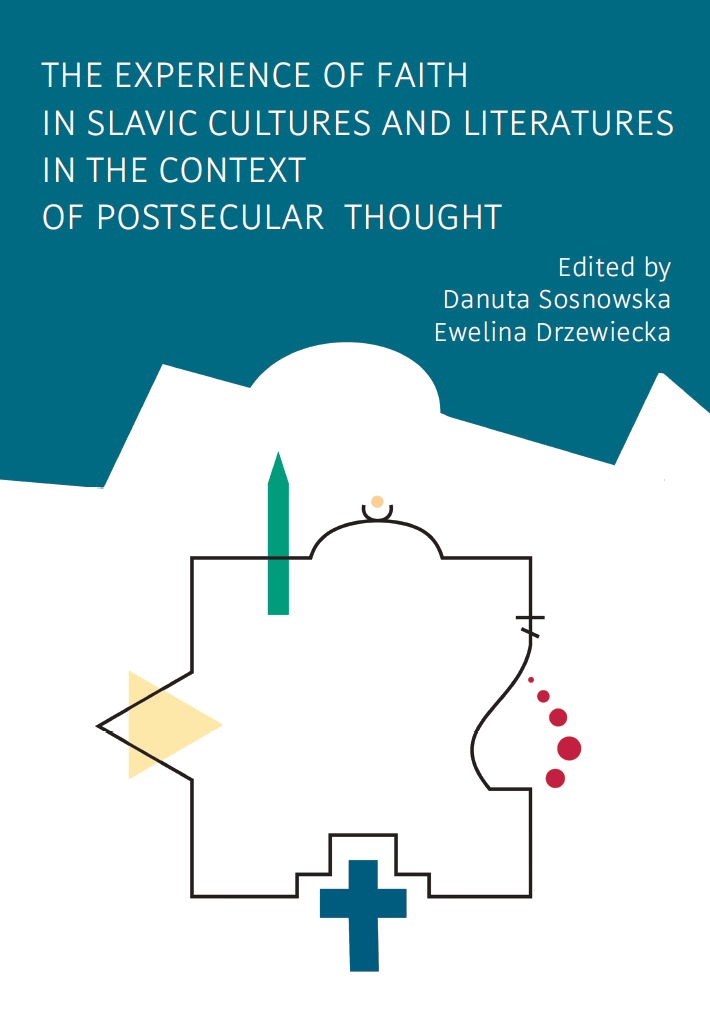Modern and Post-Secular Alevi and Bektāşī Religiosities and the Slavo-Turkic Heretical Imaginary
Modern and Post-Secular Alevi and Bektāşī Religiosities and the Slavo-Turkic Heretical Imaginary
Author(s): Yuri Stoyanov
Subject(s): Cultural history, Theology and Religion, Philology
Published by: Wydawnictwa Uniwersytetu Warszawskiego
Keywords: post-secularism; heretical imaginary; South-East Europe/Balkans; Alevism; Bektāşīsm; identity
Summary/Abstract: The problem of contemporary and post-secular Alevi and Bektāşī religiosities in Turkey, South-East Europe and in diasporic milieux in Western Europe and North America has been attracting some increasing attention since the late 1980s. Following decades of suppression of Alevi and Bektāşī religious and cultural traditions by the aggressive secularism of the respective Eastern Bloc Communist regimes, the process of reclaiming Alevi and Bektāşī identities in the Orthodox-majority cultures in South-East Europe and in post-secular settings has followed its own distinctive dynamics in the last three decades. While post-secularism exposed Alevi and Bektāşī communities to locally and transnationally coordinated Sunnification pressures and Twelver Twelver Shiʽite pro-active programmes, both trends within these communities and in the post-Communist South-East European cultures in general continue to reimagine and rearticulate their identities in the framework of the Slavo-Turkic heretical imaginary which was initially formulated in the nation-building historiographies of the late Ottoman and early post-Ottoman periods.
Book: The Experience of Faith in Slavic Cultures and Literatures in the Context of Postsecular Thought
- Page Range: 129-144
- Page Count: 16
- Publication Year: 2018
- Language: English
- Content File-PDF

